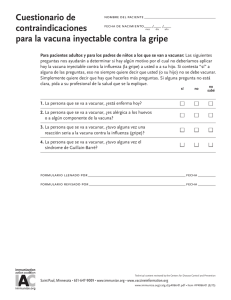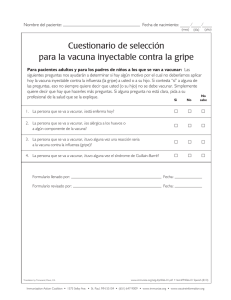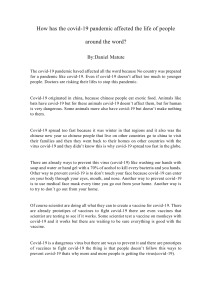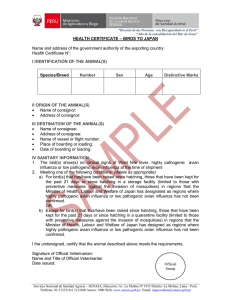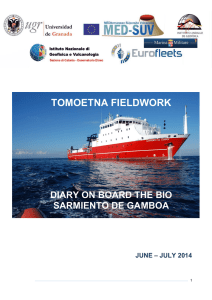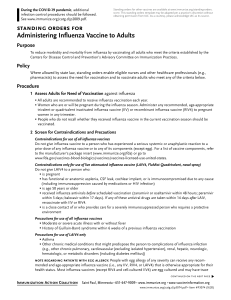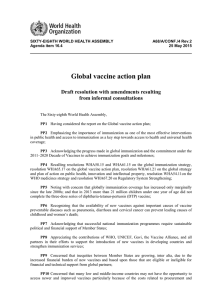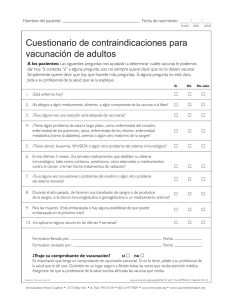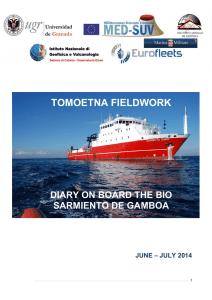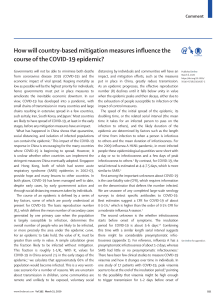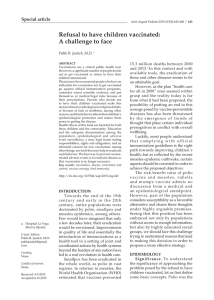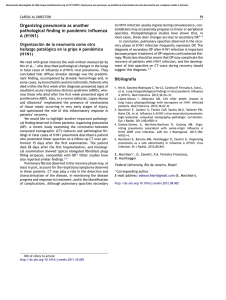News update - 14 - 20 February 2013 pdf, 256kb
Anuncio
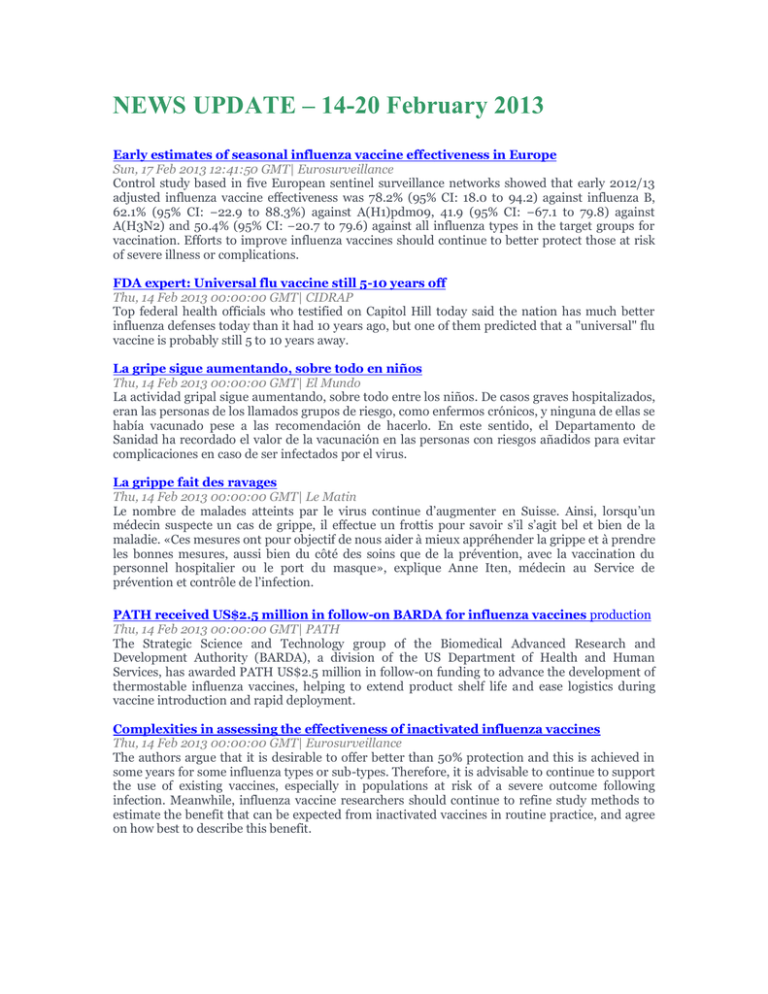
NEWS UPDATE – 14-20 February 2013 Early estimates of seasonal influenza vaccine effectiveness in Europe Sun, 17 Feb 2013 12:41:50 GMT| Eurosurveillance Control study based in five European sentinel surveillance networks showed that early 2012/13 adjusted influenza vaccine effectiveness was 78.2% (95% CI: 18.0 to 94.2) against influenza B, 62.1% (95% CI: −22.9 to 88.3%) against A(H1)pdm09, 41.9 (95% CI: −67.1 to 79.8) against A(H3N2) and 50.4% (95% CI: −20.7 to 79.6) against all influenza types in the target groups for vaccination. Efforts to improve influenza vaccines should continue to better protect those at risk of severe illness or complications. FDA expert: Universal flu vaccine still 5-10 years off Thu, 14 Feb 2013 00:00:00 GMT| CIDRAP Top federal health officials who testified on Capitol Hill today said the nation has much better influenza defenses today than it had 10 years ago, but one of them predicted that a "universal" flu vaccine is probably still 5 to 10 years away. La gripe sigue aumentando, sobre todo en niños Thu, 14 Feb 2013 00:00:00 GMT| El Mundo La actividad gripal sigue aumentando, sobre todo entre los niños. De casos graves hospitalizados, eran las personas de los llamados grupos de riesgo, como enfermos crónicos, y ninguna de ellas se había vacunado pese a las recomendación de hacerlo. En este sentido, el Departamento de Sanidad ha recordado el valor de la vacunación en las personas con riesgos añadidos para evitar complicaciones en caso de ser infectados por el virus. La grippe fait des ravages Thu, 14 Feb 2013 00:00:00 GMT| Le Matin Le nombre de malades atteints par le virus continue d’augmenter en Suisse. Ainsi, lorsqu’un médecin suspecte un cas de grippe, il effectue un frottis pour savoir s’il s’agit bel et bien de la maladie. «Ces mesures ont pour objectif de nous aider à mieux appréhender la grippe et à prendre les bonnes mesures, aussi bien du côté des soins que de la prévention, avec la vaccination du personnel hospitalier ou le port du masque», explique Anne Iten, médecin au Service de prévention et contrôle de l’infection. PATH received US$2.5 million in follow-on BARDA for influenza vaccines production Thu, 14 Feb 2013 00:00:00 GMT| PATH The Strategic Science and Technology group of the Biomedical Advanced Research and Development Authority (BARDA), a division of the US Department of Health and Human Services, has awarded PATH US$2.5 million in follow-on funding to advance the development of thermostable influenza vaccines, helping to extend product shelf life and ease logistics during vaccine introduction and rapid deployment. Complexities in assessing the effectiveness of inactivated influenza vaccines Thu, 14 Feb 2013 00:00:00 GMT| Eurosurveillance The authors argue that it is desirable to offer better than 50% protection and this is achieved in some years for some influenza types or sub-types. Therefore, it is advisable to continue to support the use of existing vaccines, especially in populations at risk of a severe outcome following infection. Meanwhile, influenza vaccine researchers should continue to refine study methods to estimate the benefit that can be expected from inactivated vaccines in routine practice, and agree on how best to describe this benefit.
